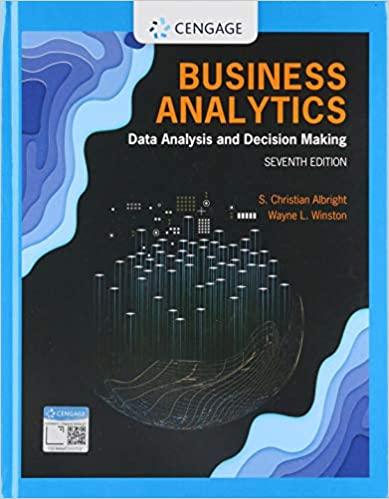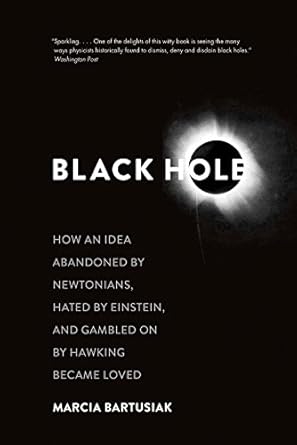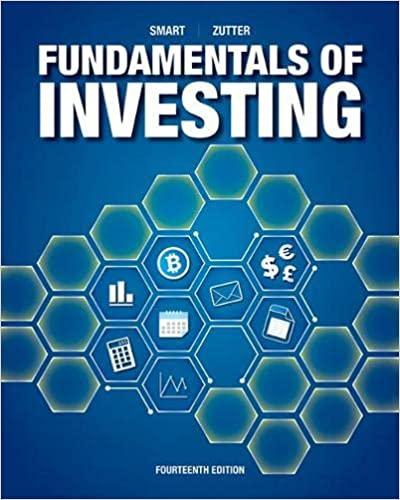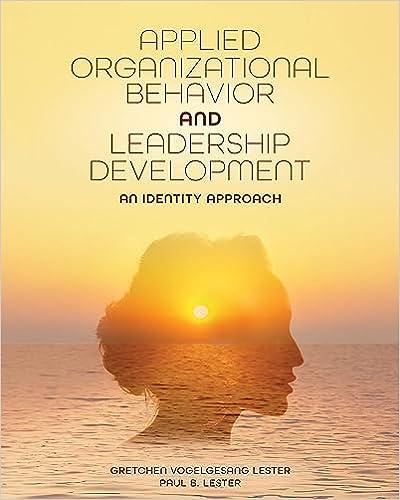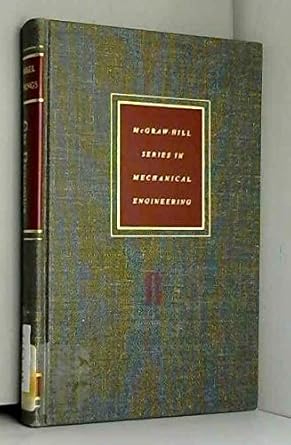Go back

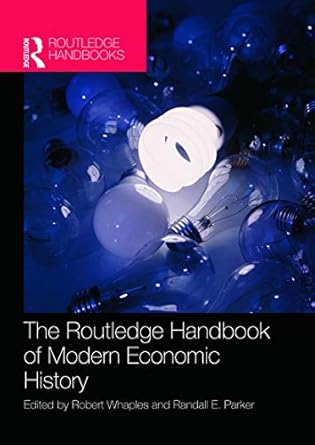
The Routledge Handbook Of Modern Economic History(1st Edition)
Authors:
Robert Whaples ,Randall Parker

Cover Type:Hardcover
Condition:Used
In Stock
Shipment time
Expected shipping within 2 DaysPopular items with books
Access to 30 Million+ solutions
Free ✝
Ask 50 Questions from expert
AI-Powered Answers
✝ 7 days-trial
Total Price:
$0
List Price: $278.22
Savings: $278.22(100%)
Book details
ISBN: 0415677041, 978-0415677042
Book publisher: Routledge
Get your hands on the best-selling book The Routledge Handbook Of Modern Economic History 1st Edition for free. Feed your curiosity and let your imagination soar with the best stories coming out to you without hefty price tags. Browse SolutionInn to discover a treasure trove of fiction and non-fiction books where every page leads the reader to an undiscovered world. Start your literary adventure right away and also enjoy free shipping of these complimentary books to your door.


